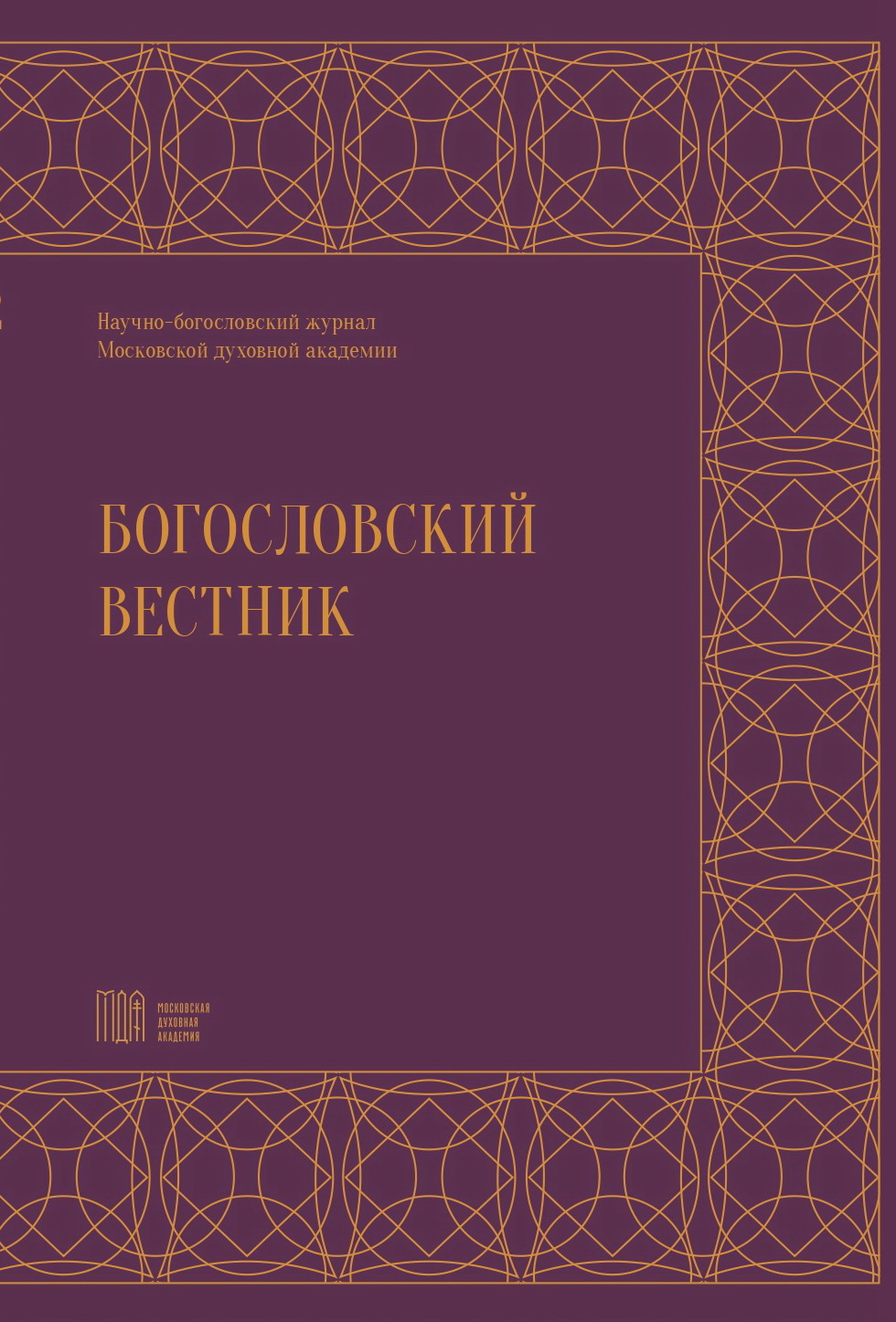Problems of Methodology of the Dialogue Between Science and Religion
DOI:
https://doi.org/10.31802/GB.2023.48.1.002Keywords:
the dialogue of science and religion, natural science apologetics, basic theolog, knowledge of God, epistemologyAbstract
The article deals with such problematic areas of the dialogue between science and religion as: the question of the need for such a dialogue, the question of its fundamental possibility and the question of how to implement it. The need for the dialogue between science and religion is derived from the internal laws of the development of these disciplines. On the one hand, man's cognition of God is impossible without the medium of the realities of material existence, since man carries out cognition based on the cognitive experience of his bodily component. On the other hand, science cannot exist without a worldview context, because value orientations cannot be derived from science itself. The possibility of the dialogue between science and religion is conditioned by the unity of the cognizing subject – man, as well as the unity of the subject giving knowledge – God. Man learns both science and religion with the same mind, and God created all things and gave Revelation with the single creative force. As a way of carrying out the dialogue between science and religion, the distinction between science and religion as two languages of describing reality is proposed. The language of science describes the world as a system of facts in order to ensure the convenience and security of temporary life. The language of religion describes reality symbolically in order to establish the personal unity of man with God in eternity.
Downloads
References
Basilius Magnus. De reptilibus // PG. T. 29. Col. 148A:7 — 164B:11.
Ioannes Damascenus. Dialectica // PG. T. 94. Col. 518–578.
Василий Великий, свт. О пресмыкающихся // Василий Великий, свт. Творения. Т. 1: Догматико-полемические творения. Экзегетические сочинения. Беседы. Москва: Сибирская благозвонница, 2008. (Серия «Полное собрание творений святых отцов Церкви и церковных писателей»; т. 3). С. 272–278.
Иоанн Дамаскин, прп. Философские главы // Творения преподобного Иоанна Дамаскина: Источник знания / пер. Н. И. Сагарды. Москва: Индрик, 2002. (Православный СвятоТихоновский Богословский институт. Святоотеческое наследие; т. 5). С. 53–122.
Барбур И. Религия и наука: история и современность. Москва: Библейско-богословский институт св. апостола Андрея, 2000.
Булгаков С., прот. Главы о троичности // Православная мысль. 1928. Вып. 1. С. 31–88.
Буфеев К., свящ. Ересь эволюционизма. [Электронный ресурс]. URL: http://www.creatio. orthodoxy.ru/sbornik/rev_kbufeev_eresy.html (дата обращения: 10.11.2022).
Ганиева Д. Александр Панчин: Теология не наука, а религия под видом науки. [Электронный ресурс]. URL: https://www.taday.ru/text/2212000.html (дата обращения: 06.11.2022).
Евгеньев М. Б., Корочкин Л. И. Дарвин // ПЭ. 2006. Т. 14. С. 193–195.
Кирьянов Д., свящ. Дополнительность и проблемы современного диалога науки и богословия [Электронный ресурс]. URL: https://bogoslov.ru/article/255941 (дата обращения: 07.09.2022).
Лосев А. Диалектика мифа. Санкт-Петербург: Азбука; Азбука-Аттикус, 2018. (АзбукаКлассика. Non-Fiction).
Лосский В. Н. Догматическое богословие // Он же. Боговидение / пер. с фр. В. А. Рещиковой, сост., вступ. ст. А. С. Филоненко. Москва: АСТ, 2016. С. 455–552.
Майоров Д., диак. Креационизм // ПЭ. 2015. Т. 38. С. 490–493.
Мумриков О., прот. Концепции современного естествознания: христианскоапологетический аспект. Сергиев Посад; Москва: Паломник, 2013.
Нестерук А. Логос и космос: Богословие, наука и православное предание. Москва: Библейско-богословский ин-т св. ап. Андрея, 2006.
Нестерук А. Философские основания посредничества (диалога) между богословием и наукой [Электронный ресурс]. URL: http://russculture.ru/2018/07/24/алексейнестерук-философские-основа/#_ftn1 (дата обращения: 19.09.2022).
Никифоров А. Л. Что такое «постнеклассическая наука»? // Epistemology and Philosophy of Science. 2013. № 2. URL: https://cyberleninka.ru/article/n/chto-takoepostneklassicheskaya-nauka (дата обращения: 01.09.2022).
Петров В. В. Максим Исповедник: онтология и метод в византийской философии VII в. Москва: ИФРАН, 2007.
Польсков К. О. Теологический метод vs метод в теологии. [Электронный ресурс]. URL: https://www.academia.edu/18577994/Теологический_метод_vs_метод_в_теологии (дата обращения: 23.09.2022).
Слово Святейшего Патриарха Кирилла на встрече с учёными в Сарове. [Электронный ресурс]. URL: http://www.patriarchia.ru/db/text/4579909.html (дата обращения: 07.09.2022).
Степин В.С. История и философия науки. Москва: Академический Проект, 2011.
Цыпин Л., прот. Вселенная, Космос, Жизнь — три дня творения. Киев: Пролог, 2008.
Тимофеев А., прот. Шестоднев в экзегезе Отцов Церкви. [Электронный ресурс]. URL: http://www.academia.edu/8456978/Некоторые_аспекты_святоотеческой_экзегезы_Шестоднева (дата обращения: 05.09.2022).
Downloads
Published
How to Cite
License

This work is licensed under a Creative Commons Attribution-ShareAlike 4.0 International License.








